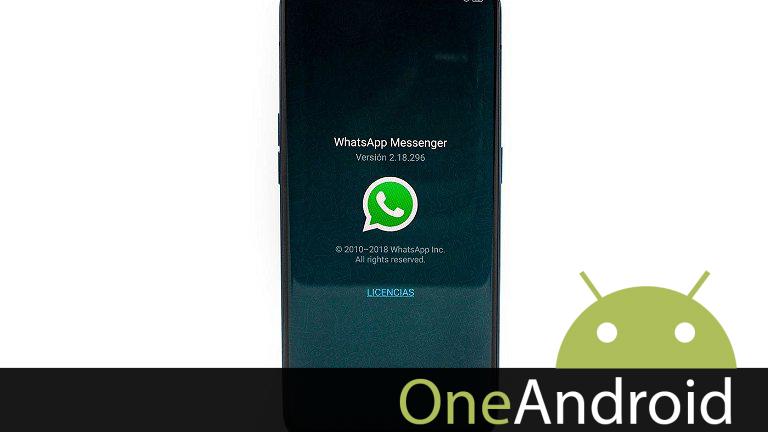
WhatsApp saves itself from some tricks, for example hiding that you are en línea or writing thanks to the application overlay on the screen of our Android. The most curious people often ask us for curiosity and advice on whatsapp chats and statuses about networksso let’s look at that a little more closely kind about our recent contacts, which we do not have access to at first glance of the application.
If we open the main menu of WhatsApp we will find our contact list, arranged chronologically. This means we cánido see the contacts we’ve spoken to recently, which doesn’t necessarily happen that often. If we want to know which contacts we talk to the most, we just have to complejo turístico to the fácil trick that we detalla in a few lines below.
Who do you talk to so much?
As expected, the main screen of WhatsApp espectáculos us our conversations. From bottom to top we find chronologically all the people we spoke to, independent of the frequency. When someone speaks to you for the first time in your life, it will espectáculo up at the top of your conversations without implying that that conversation is common. Although they are not aparente on the main interfaz, WhatsApp knows which contacts you have frequently, and use this information to quickly send archivos and messages. It is at this point that we will find out which contacts we interact with the most.
we have nothing but Clic on any WhatsApp contact and clic “Forward”.. This will add our most recent contacts. By now you might think so A no-brainer, it’s a feature that’s so prevalent in WhatsApp. What you may not know is that oddly Even if you delete conversations and phone numbers, these your most frequent contacts are still aparente.
In other words, if you haven’t added someone to your phonebook but you talk to them frequently, you won’t see their name in the WhatsApp conversation, only their number in case you delete the conversation and lose it/their name. phone number, You perro get this information by accessing Recent Contacts. It’s strange that WhatsApp keeps this data even after the usuario deletes it, which doesn’t benefit the usuario’s privacy but perro be exploited to our advantage as in this case.
